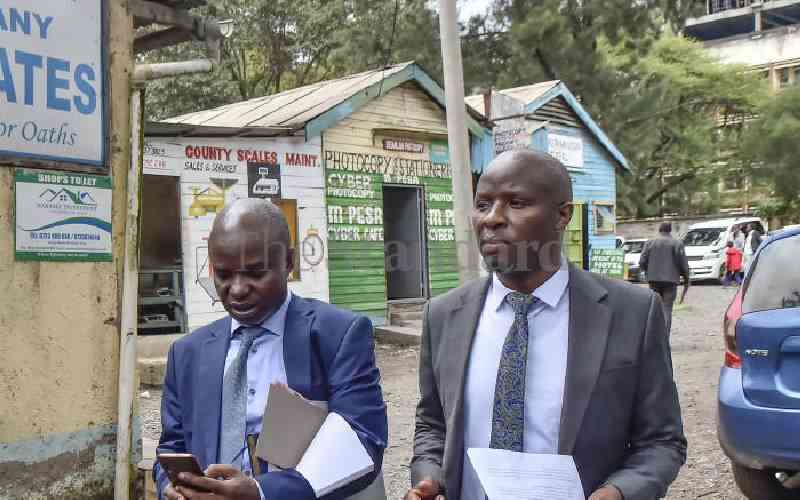South Sudan: Opposing groups of government soldiers in South Sudan's Upper Nile state fought for a third day on Thursday, a ruling party official said, adding that the defense minister will travel to the region in a bid to defuse the situation.
Fighting has broken out in the state capital, Malakal, between soldiers protecting state governor Simon Kun Puoch, and soldiers loyal to Johnson Olony, a major general in the South Sudan Army (SPLA), acting state information minister Galuak Lith Hoth Dieu said.
Thousands of people have been killed in South Sudan and more than a million have fled their homes since fighting between supporters of President Salva Kiir and former vice president Riek Machar started in the world's youngest country in December 2013.
Several peace deals have been reached but broken, and each side accuses the other of violating one announced in early February. The conflict has also created a humanitarian crisis.
Anne Itto, the ruling SPLM Party's secretary general, told reporters in Juba that Defence Minister Kuol Manyang will go to Malakal in a bid to stop the fighting.
"Tomorrow he will be going Malakal to take care of the military issues, to make sure that things don't grow out of hand," Itto said.
"What started between a couple of soldiers grew into fully fledged insecurity that has covered most of the city."
Malakal town is the operations hub for aid agencies in the state, where an estimated 245,000 people have been displaced by fighting.
Dieu told Reuters by phone that he had been forced to flee Malakal on Wednesday. He said forces under Olony had been shelling the town since the morning.
"I am not on the frontline. I escaped yesterday for my safety and am hearing the sound of guns towards Western River Nile," he told Reuters by phone.
"The fighting at the moment is very heavy. There are so many casualties because of random shooting."
Olony and soldiers loyal to him came to South Sudan from Sudan in June 2013 after accepting a presidential pardon, and integrated into SPLA in mid to late 2013.
The U.N. Office for the Coordination of Humanitarian Affairs said in a statement that due to the deteriorating security situation in the past few days aid agencies had pulled out from Upper Nile's Pagak area.
On Wednesday, Médecins Sans Frontières (MSF) and U.N. World Food Programme had said they may also be forced to trim operations in the state.
Stay informed. Subscribe to our newsletter
 The Standard Group Plc is a
multi-media organization with investments in media platforms spanning newspaper
print operations, television, radio broadcasting, digital and online services. The
Standard Group is recognized as a leading multi-media house in Kenya with a key
influence in matters of national and international interest.
The Standard Group Plc is a
multi-media organization with investments in media platforms spanning newspaper
print operations, television, radio broadcasting, digital and online services. The
Standard Group is recognized as a leading multi-media house in Kenya with a key
influence in matters of national and international interest.
 The Standard Group Plc is a
multi-media organization with investments in media platforms spanning newspaper
print operations, television, radio broadcasting, digital and online services. The
Standard Group is recognized as a leading multi-media house in Kenya with a key
influence in matters of national and international interest.
The Standard Group Plc is a
multi-media organization with investments in media platforms spanning newspaper
print operations, television, radio broadcasting, digital and online services. The
Standard Group is recognized as a leading multi-media house in Kenya with a key
influence in matters of national and international interest.




